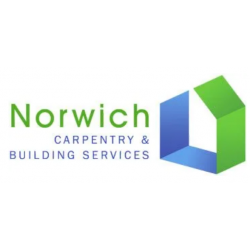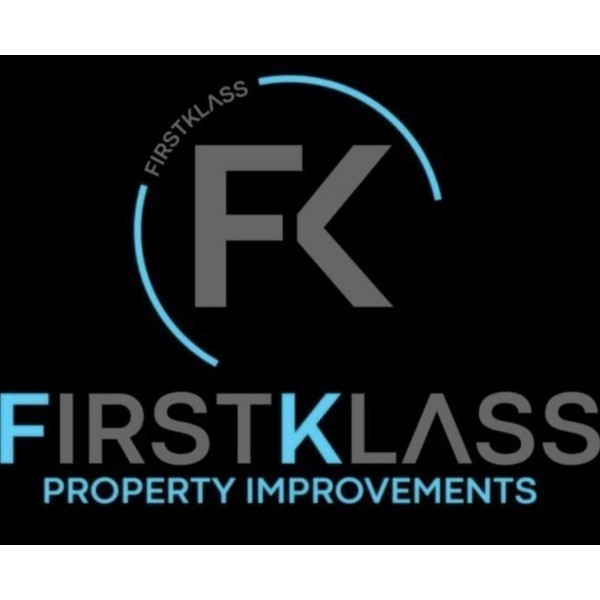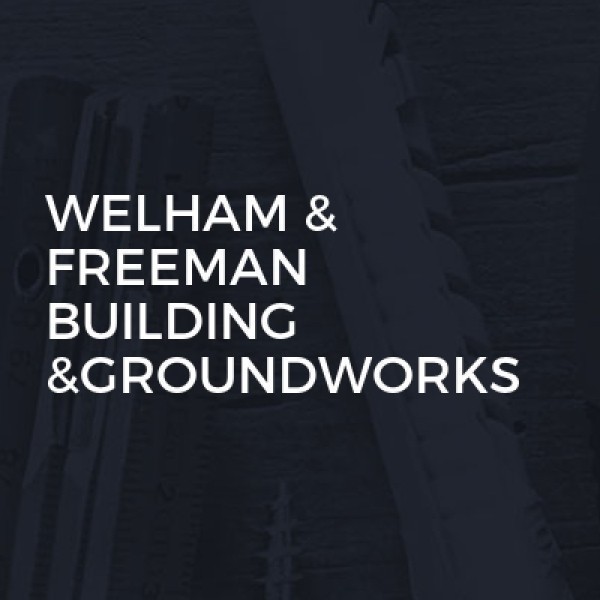Introduction to Extension Builders in Watton
Watton, a charming market town in Norfolk, is known for its rich history and vibrant community. As families grow and lifestyles change, many residents find themselves in need of additional space. This is where extension builders in Watton come into play, offering a practical solution to expand living spaces without the hassle of moving. In this article, we'll explore the world of extension builders, their services, and how they can transform your home.
Understanding Home Extensions
Home extensions are a popular choice for homeowners looking to add value and functionality to their properties. They involve adding extra rooms or expanding existing ones, providing more space for living, working, or leisure activities. Extensions can range from simple single-room additions to complex multi-storey projects, each tailored to meet the specific needs of the homeowner.
Types of Home Extensions
- Single-Storey Extensions: Ideal for expanding kitchens, living rooms, or adding a new room.
- Double-Storey Extensions: Perfect for adding multiple rooms, often including bedrooms and bathrooms.
- Wrap-Around Extensions: Combine side and rear extensions for maximum space.
- Conservatories and Orangeries: Offer a light-filled space that connects the indoors with the outdoors.
Benefits of Hiring Extension Builders in Watton
Choosing professional extension builders in Watton comes with numerous advantages. They bring expertise, experience, and local knowledge to the table, ensuring that your project is completed efficiently and to the highest standards. Here are some key benefits:
- Expertise: Skilled builders understand the complexities of construction and can navigate potential challenges.
- Local Knowledge: Familiarity with Watton's building regulations and climate conditions ensures compliance and durability.
- Quality Assurance: Professional builders use high-quality materials and craftsmanship, enhancing the longevity of your extension.
Planning Your Home Extension
Before embarking on a home extension project, careful planning is essential. Consider the following steps to ensure a smooth process:
- Define Your Goals: Determine the purpose of the extension and the space you need.
- Set a Budget: Establish a realistic budget, including a contingency fund for unexpected expenses.
- Consult with Professionals: Engage with architects and builders to discuss your vision and feasibility.
- Obtain Necessary Permissions: Ensure compliance with local planning regulations and obtain required permits.
Choosing the Right Extension Builder
Selecting the right builder is crucial to the success of your project. Here are some tips to help you make an informed decision:
- Research and Recommendations: Seek recommendations from friends, family, or online reviews.
- Check Credentials: Verify the builder's qualifications, experience, and insurance coverage.
- Review Past Projects: Ask to see examples of previous work to assess quality and style.
- Get Multiple Quotes: Compare quotes from different builders to ensure competitive pricing.
Understanding the Building Process
The building process for home extensions involves several stages, each requiring careful attention and coordination:
- Design and Planning: Collaborate with architects to create detailed plans and obtain necessary approvals.
- Site Preparation: Clear the area and prepare the foundation for construction.
- Construction: Builders will erect the structure, install roofing, and complete the exterior.
- Interior Finishing: Focus on plumbing, electrical work, and interior design elements.
- Final Inspection: Ensure all work meets safety and quality standards before project completion.
Common Challenges and Solutions
While home extensions offer numerous benefits, they can also present challenges. Here are some common issues and how to address them:
- Budget Overruns: Mitigate by setting a realistic budget and monitoring expenses closely.
- Delays: Minimise by maintaining clear communication with builders and addressing issues promptly.
- Design Changes: Avoid frequent changes by finalising plans before construction begins.
Legal Considerations and Permits
Understanding the legal aspects of home extensions is crucial to avoid potential pitfalls. In Watton, specific regulations govern building projects, and obtaining the necessary permits is essential. Here's what you need to know:
- Planning Permission: Required for significant alterations or extensions that affect the property's exterior.
- Building Regulations Approval: Ensures the extension meets safety and energy efficiency standards.
- Party Wall Agreements: Necessary if the extension affects shared walls with neighbours.
Cost Considerations for Home Extensions
The cost of a home extension can vary significantly based on factors such as size, design complexity, and materials used. Here's a breakdown of potential expenses:
| Expense |
Estimated Cost |
| Design and Planning |
£1,000 - £3,000 |
| Construction |
£1,200 - £2,000 per square metre |
| Finishing and Furnishing |
£5,000 - £10,000 |
| Permits and Fees |
£500 - £1,500 |
Maximising the Value of Your Extension
A well-planned extension can significantly increase your property's value. To maximise your investment, consider the following tips:
- Focus on Quality: Use durable materials and high-quality finishes to enhance longevity and appeal.
- Enhance Energy Efficiency: Incorporate energy-efficient features to reduce utility costs and attract eco-conscious buyers.
- Optimise Space: Design the extension to maximise usable space and functionality.
Trends in Home Extensions
Home extension trends are constantly evolving, influenced by changing lifestyles and technological advancements. Here are some current trends to consider:
- Open-Plan Living: Create spacious, interconnected areas that promote social interaction.
- Smart Home Integration: Incorporate smart technology for enhanced convenience and security.
- Sustainable Design: Use eco-friendly materials and practices to minimise environmental impact.
Frequently Asked Questions
- Do I need planning permission for a home extension in Watton? Yes, planning permission is typically required for significant alterations.
- How long does a home extension project take? The timeline varies but generally ranges from 3 to 6 months.
- Can I live in my home during the extension work? In most cases, yes, but it may depend on the project's scope.
- What should I look for in an extension builder? Check their experience, credentials, and past project reviews.
- How can I ensure my extension is energy efficient? Use insulation, energy-efficient windows, and sustainable materials.
- What are the common pitfalls to avoid in home extensions? Poor planning, budget mismanagement, and frequent design changes.
Conclusion
Extension builders in Watton offer a valuable service for homeowners seeking to enhance their living spaces. By understanding the process, planning carefully, and choosing the right professionals, you can create a beautiful and functional extension that meets your needs and adds value to your home. Whether you're looking to expand your kitchen, add a new bedroom, or create a light-filled conservatory, the possibilities are endless with the right guidance and expertise.




















